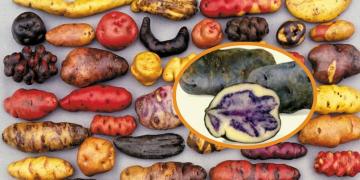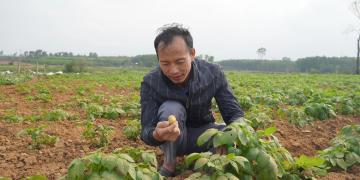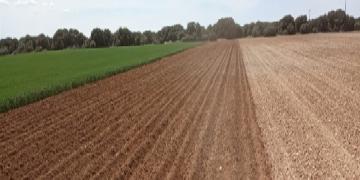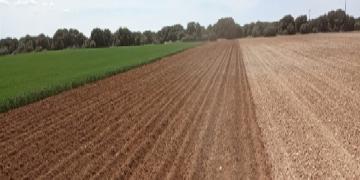Spain (Castile and León): Rains delay the potato planting campaign by more than two weeks
The sector is "holding on," hoping that the work will not be delayed beyond next week, which would already pose significant problems.
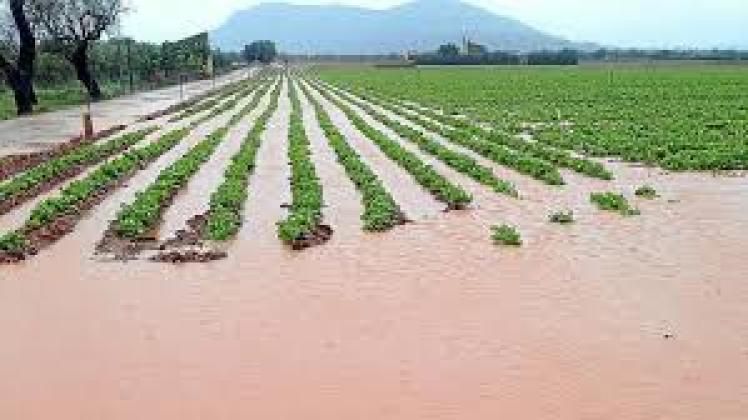
There is nervousness among producers who are appealing for patience, hoping for a change in the weather next week to begin the work. The potato planting campaign is currently delayed by more than two weeks due to the incessant rains in the region in recent weeks, which have made this work impossible.
At present, it’s not even possible to say what percentage of planting has been achieved in the region, as it has been merely indicative. "Growers are holding on, they’re a little nervous, we have to be patient and wait, because the weather is expected to improve in a few days," says Eduardo Arroyo, president of the Potato Producers Association of Castilla y León. He explains that, after so many days of heavy rain, the humidity level in the plots is very high and "doesn’t allow for fertilizer, preparation, or planting."
Along these lines, he confirms that, despite the delay in work compared to the usual schedule, "we mustn’t be defeatist," believing that there is still "room to hold on a little longer." Despite this, he assumes that if the situation remains the same after a week, "the situation would change" and real concern could arise. Arroyo alludes to the saying: "I planted in March, I planted in April, I won’t be out until May," to define the current situation and send a message of reassurance, although he confesses that "if we could, we would already be planting at a high rate."
In this regard, he explains that most producers "are moving the potatoes at home. They have a seed at home, and to prevent them from rotting, they have to move them, keeping them at a temperature so they don’t get damaged." He reveals that the sector is "waiting and seeing that when the "signal of improvement" is given, we’ll get to it and start planting.
Looking on the bright side, the president of the Producers Association believes this delay may also bring some benefits for the future harvest. "This could be good for staggering the crop; we already have that, because no matter how much we all want to start planting tomorrow, it won’t be possible. There are some plots that will be planted today, others in a week, others in two weeks; it will be good to stagger the crop," he believes. Another advantage, according to Arroyo, is being able to better withstand frost, because "if it comes in May, if you’ve planted it later, it’s more likely to survive."
Growth
Two months ago, the potato sector warned of an increase of more than 12% in the area planted in the region , due to the pull effect of the crop due to good prices compared to the low yields of other options. Now that beet growers will be able to stop growing in 2025 without penalties on agri-environmental aid, the possibility of an increase has been raised again. "I don’t think it will harm us too much. Those who had the idea of planting will do so, and those who didn’t and now have the opportunity will have a more difficult time because there are no seeds," explains Arroyo. Along these lines, he explains that this year "every last" seed will be planted, although he reiterates that, at this point, "it’s practically all distributed," so there is "little room for growth," and the percentage will not be representative.
The producer anticipates that, despite this year’s 2,000-hectare growth, the region will be able to sell its production due to high demand. Adding to the problems experienced in France is the situation in Andalusia, where excessive rainfall in recent weeks will "harm the production" planted in December. "The quantity remains to be determined, but the decline in production seems clear. A situation that will increase demand for our product, coinciding with the increase in supply," Arroyo emphasizes.
Fuente:

